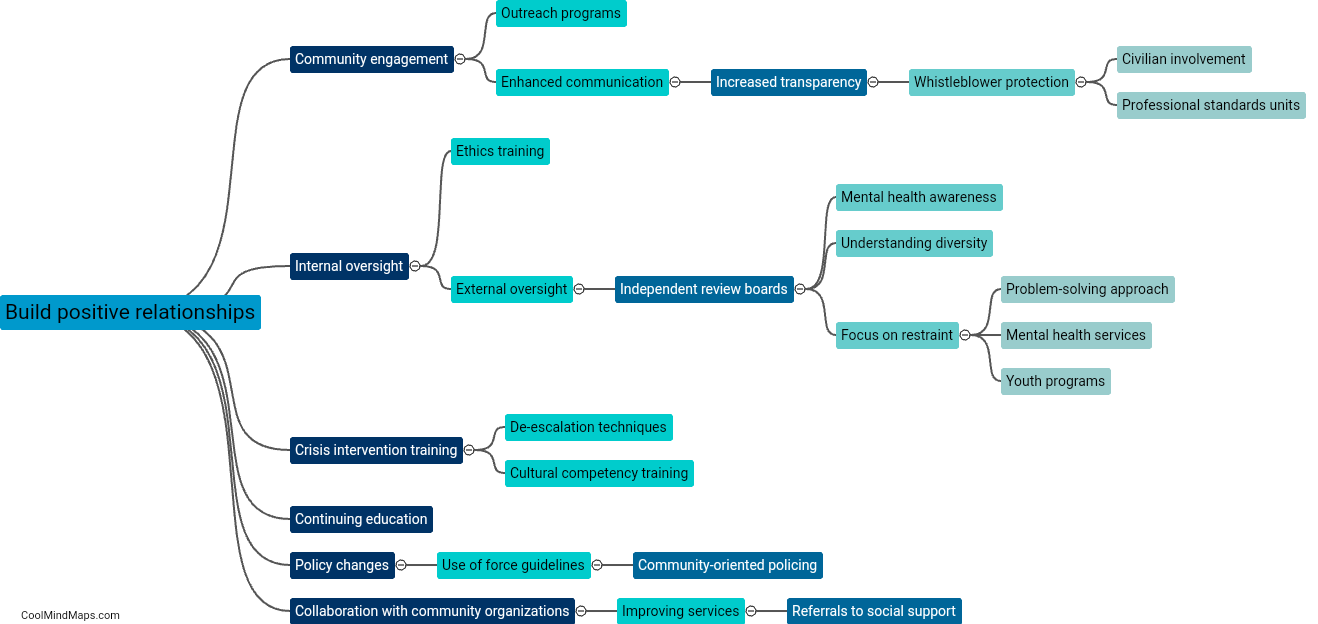What is the relationship between canon and archive in memory studies?
The relationship between canon and archive in memory studies is a complex and intertwined one. Memory studies explore how collective and individual memory is shaped, preserved, and transmitted. The concept of canon refers to a set of works, ideas, or individuals that are considered essential or representative within a particular field or culture. On the other hand, an archive is a repository of historical documents, records, and artifacts that serve as evidence of the past. In memory studies, the canon often encompasses dominant narratives and perspectives that shape our understanding of history and memory, while the archive provides a more inclusive and diverse range of sources that challenge and expand the canon. The relationship between the two is crucial, as memory studies aim to critically examine and disrupt dominant narratives by including marginalized voices and perspectives found in the archive. By acknowledging and exploring the tensions and overlaps between canon and archive, memory studies can contribute to a more comprehensive and nuanced understanding of memory and its role in shaping identity and society.

This mind map was published on 23 October 2023 and has been viewed 65 times.











